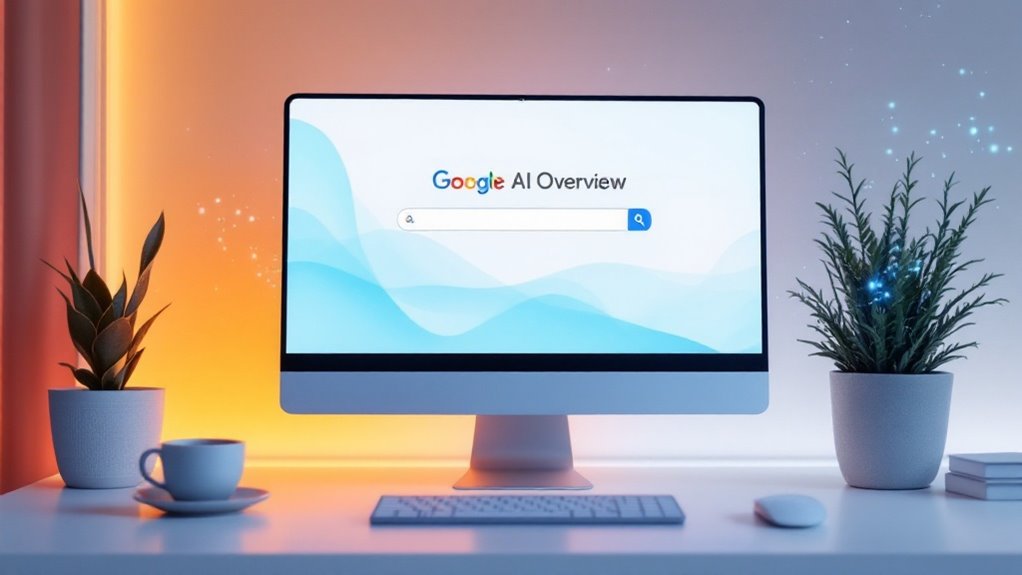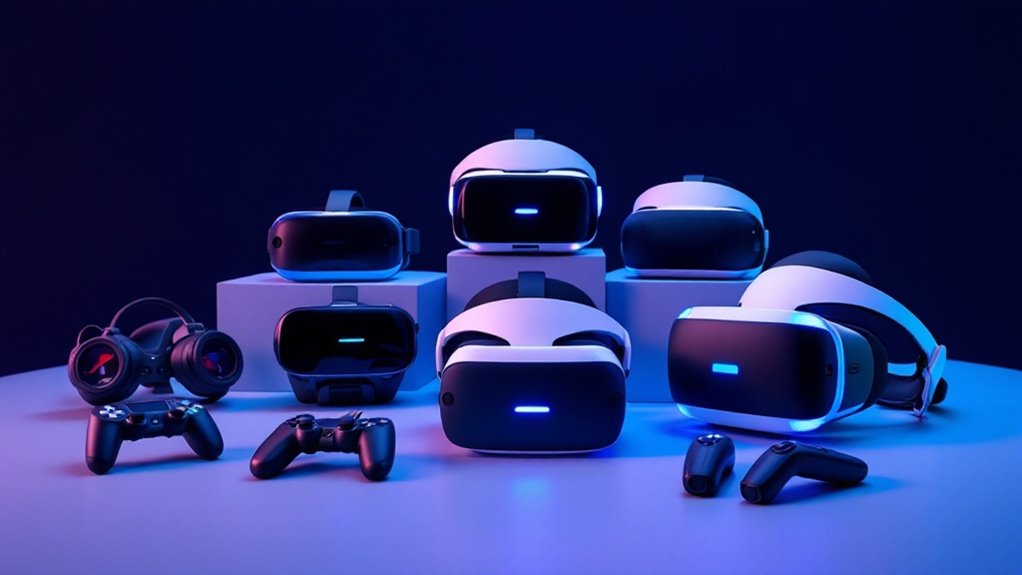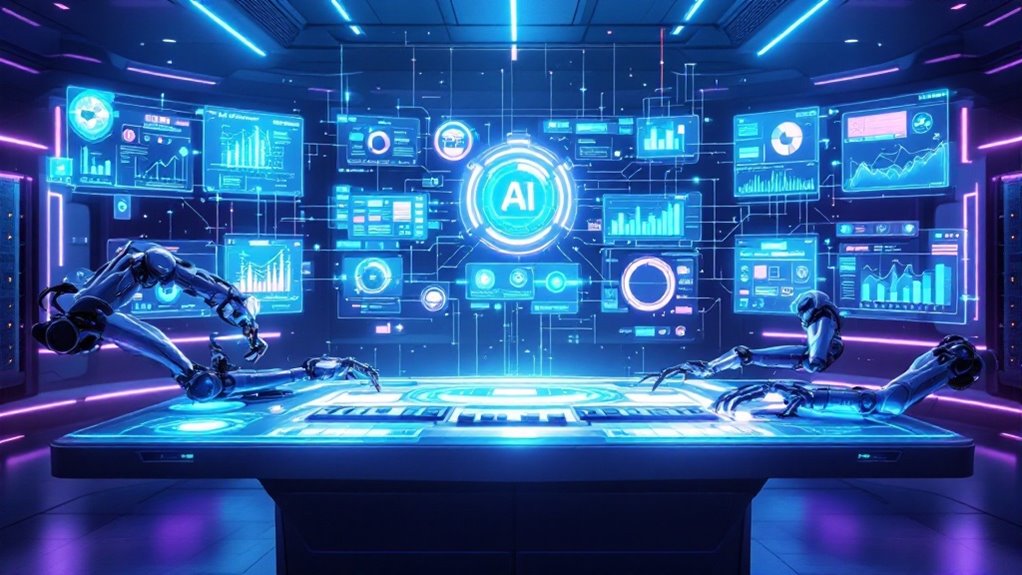Google’s Gemini-powered search doesn’t just list blue links—it drops AI Overviews with snappy summaries, handy source citations, and yes, sponsored ads right up top. Want a recipe, a fact-check, or the best 90s sitcom—just ask, and poof: Gemini distills the internet so you barely lift a finger (or click around like it’s 2012). Sure, some publishers cry foul over lost clicks, but users are loving the speed. Stick around for the real trade-offs and surprises in this new search world.
Even if you’ve been living under a Wi-Fi-deprived rock, you’ve probably noticed: Google Search isn’t just about blue links and SEO-optimized blog posts anymore. In 2024, the search giant rolled out AI Overviews for all U.S. users, and by 2025, over 1.5 billion people across 100+ countries were getting their answers summarized by machine intelligence. Instead of scrolling through a dozen blog posts about, say, “best plants for low light,” users now get a concise AI-generated synthesis—complete with source links and, since October 2024, a few sponsored ads lurking in the mix. Links in AI Overviews receive more clicks compared to traditional web listings, changing how users interact with results and how traffic flows to publishers.
Google Search has evolved—AI Overviews now deliver instant, summarized answers, often with sponsored ads, replacing endless scrolling through blog posts.
What’s behind this magic? A custom Gemini model, constantly updated and trained on billions of facts, powers these overviews. It’s not just regurgitating Wikipedia; it’s distilling complex queries into digestible takeaways. This means less time triangulating sources or playing detective, and more time actually learning—or at least pretending to, while you binge-watch another true crime docuseries. Generative AI simplifies the search process, offering users faster understanding of topics and suggesting follow-up questions for deeper exploration. The feature has seen remarkable engagement with 1.5B monthly interactions, challenging the dominance of chat-based platforms in the AI search space.
- AI Overviews are now the go-to for users who crave fast, coherent answers.
- Advanced “AI Mode,” built on Gemini 2.0, tackles intricate, conversational questions—think ChatGPT with a Google twist.
- Multimodal features like Circle to Search let people highlight anything on their screens and ask, “What’s this?” directly, combining visual and text inputs for context.
The shift isn’t just technical—it’s behavioral. People are using natural language to query complex topics, relying on Google to do the heavy research lifting. User satisfaction is up, and search volume has climbed, but not everyone’s thrilled. Content creators worry about fewer clicks hitting their sites, as AI Overviews grab the attention (and the ad revenue).
Let’s be real: Google’s not just helping you plan vacations or ace trivia night. It’s also embedding ads inside those AI summaries, especially for “high-intent” queries—think shopping or service searches. The result? A delicate dance between user experience and monetization, as Google tries to stay one step ahead in the generative AI arms race. Welcome to the new search reality.









